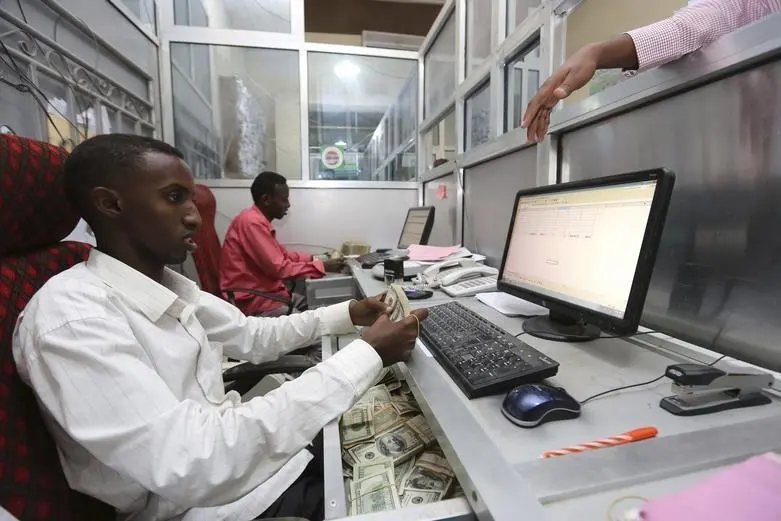PHOTO
Gulf firms interested in agriculture, infrastructure and finance in Sub Saharan Africa.
Islamic bonds can play a major role in facilitating trade and investment ties between Gulf Arab states and Sub-Saharan Africa economies, according to a new report.
A number of African countries have opted to issue sukuk as an alternative mechanism to raise funds for key projects. Last year, South Africa became the first non-Muslim country in Sub-Saharan Africa (SSA) to issue a sovereign sukuk valued at USD500 million, which was readily taken up by Middle East investors.
Gambia is also a frequent issuer of local currency sukuk, while Senegal raised more than USD200 million in a local currency Islamic bond last year to fund a number of infrastructure and energy projects.
"Although comprehensive information on investment flows between the Middle East and SSA is not available, the strength of demand for recent sukuk bonds by SSA issuers is evidence of Middle Eastern investors' interest in SSA investment," notes Standard Chartered Bank in a report.
"Nearer-term, deeper markets and a Middle-Eastern investor base more familiar with Africa should help to advance SSA sukuk issuance."
Trade between the two regions has risen five-fold to reach USD 35 billion in 2014, compared to USD 7 billion a decade ago. SSA's trade with the Middle East has grown 12% annually since 2000, compared to 27% with China and 18% with India.
"We see scope for increased engagement by Middle Eastern countries in key sectors including agriculture, infrastructure and finance in SSA. Sukuk issuance, enabling SSA issuers to diversify and tap a Middle Eastern investor base, will be driven by substantial infrastructure needs."
TRADE NETWORKS
The two regions are coming closer with Emirates airline, Etihad airlines and Qatar Airways improving trade networks with SSA countries. Dubai-based firms are actively engaged in port operations in Sub-Saharan Africa and private equity investors form the Middle East are significant investors in the region, according to Standard Chartered.
Middle East investors have actively sought African assets especially in infrastructure projects such as ports and telecommunications and power generation. Gulf companies alone have invested as much as USD 30 billion in African infrastructure over the past decade, according to the Economist Intelligence Unit.
According to Ernst &Young, companies from Gulf states increased their share of African foreign direct investment projects to 9.1% in 2014. It said Saudi firms launched 11 FDI projects in Africa last year, up from just three in 2013.
"Middle Eastern investors were especially strong in real estate, hospitality and construction (26.9 percent of their projects), financial services (20.9 percent) and consumer products and retail (19.4 percent)," E&Y said in a recent report.
The UAE emerged as the fourth largest foreign investor in Africa last year, after the United States, the United Kingdom and South Africa.
"UAE companies now invest more money in Africa than those of any other nation (in the Middle East), and create the most jobs," the report added.
AFRICA RISING
While the economy of Sub-Saharan Africa as a whole wobbled last year, Africa's narrative as a growing continent with strong resources potential remains undiminished.
"Despite the headwinds, growth in Sub-Saharan Africa will beat the emerging markets average, and be outstripped only by developing Asia," according to the E&Y report.
It said that Ethiopia, Kenya, Tanzania, Mozambique, Zambia and Cote d'Ivoire are among 22 economies in the region expected to grow by more than 5% this year.
South Africa, Nigeria, Ethiopia and Sudan account for 65% of all trade between SSA and Arab countries, while the UAE and Saudi Arabia account for a disproportionate portion of trade from the other side.
"MENA investment in foreign agriculture is largely focused in Africa (mostly Sudan, Mozambique, Ethiopia, Tanzania, Kenya, Mali and Senegal)," Standard Chartered said.
It said investments in arable lands plus African exports to the Middle East of agricultural products and livestock -- Ethiopian and Somalian sheep have essentially supplanted those from Australia -- should continue to be a strong part of African-Arab trade links.
The feature was produced by alifarabia.com exclusively for zawya.com.
© Zawya 2015





















